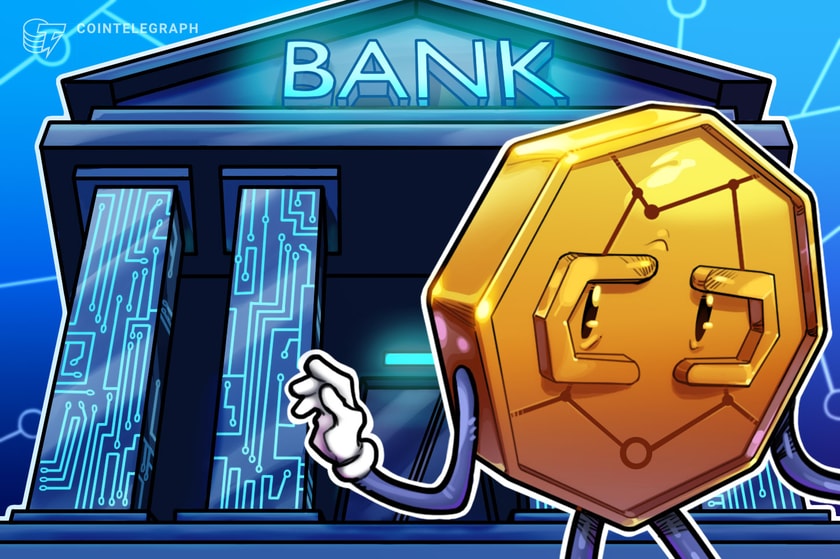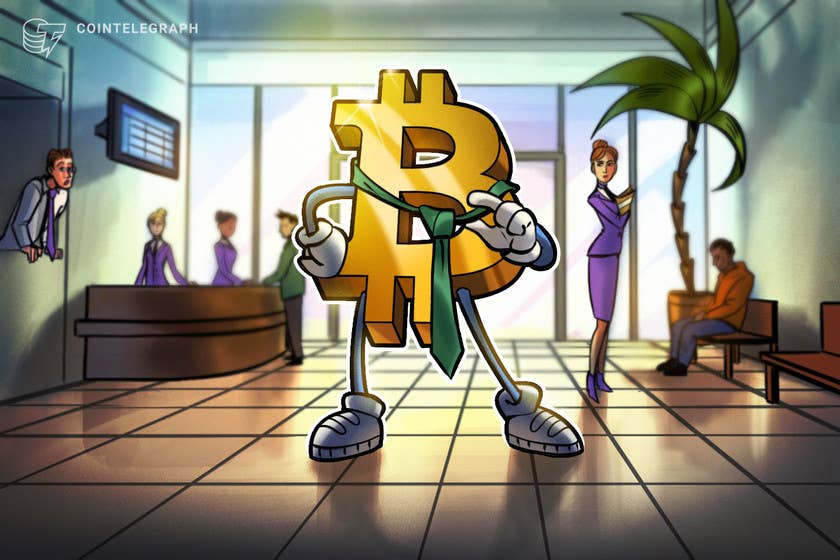Seven times that US regulators stepped into crypto in 2020
As digital assets made strides toward mainstream status in 2020, the guardians of the incumbent financial system have been working hard to minimize disruption caused by their integration. In the U.S., regulatory and law enforcement interventions throughout the year have left some projects out of business, empowered traditional players to take a closer look at crypto, and sent some unequivocal messages to cryptocurrency service providers globally. Naturally, the steady legitimization and expansion of the crypto space led regulators to get more involved than ever before. Below are the biggest cases of U.S. watchdog and law enforcement agencies’ involvement that have arguably been the most consequential in shaping the relationship between the crypto industry and state power in 2020.
SEC vs. Telegram
While the Securities and Exchange Commission first squared off with Telegram over its token sale in October 2019, it wasn’t until the summer of 2020 that the landmark case was settled. The Telegram Open Network was initially set to draw hundreds of millions of Telegram’s messenger users into a global blockhain-based financial ecosystem.
Throughout 2018, TON raised some $1.7 billion by selling contracts associated with Gram, the system’s native token, to qualified investors. Mindful of the potential collision with the U.S securities regulator, Telegram bosses followed a framework known as the Simple Agreement for Future Tokens (SAFT). The first stage of the process entailed the sale of contractual rights to buy tokens if and when the network goes live. While those legal rights are sold as securities — in this case, under exemption Reg. D — the resultant tokens are, theoretically, not.
In the case of Telegram, the SEC disagreed. The commission’s response was to initiate an emergency action against Telegram and the Telegram Open Network in federal court. The watchdog argued that the two-stage token distribution plan still constituted the sale of unregistered securities, a position that the court ultimately upheld. The resulting settlement included an $18.5-million penalty, as well as an obligation to return more than $1.2 billion to investors. TON never ended up going live, while its struggle with the SEC went down is history as maybe the final act of the ICO era.
OCC crypto custody authorization
The Office of the Comptroller of the Currency is an independent bureau within the United States Department of the Treasury. The OCC’s job is to charter and supervise national banks and savings associations. U.S. financial institutions that seek to operate nationwide must undergo an extensive review process with the OCC.
On Jul. 22, 2020, the OCC published an interpretive letter authorizing federally chartered banks to provide cryptocurrency custody services. The agency has never prohibited organizations operating within its purview to hold digital assets on behalf of their clients, but the sheer lack of guidance and legal clarity held back the expansion of many credit organizations’ services into the digital asset space. To clients interested in their banks providing custody services, those banks could say ‘it’s just too risky right now.’
The letter equated encryption key escrow service with physical safekeeping of assets.
The regulator’s forward-thinking approach to digital currencies could be related to the fact that Brian P. Brooks, Acting Comptroller of the Currency, spent two years as the chief legal officer of Coinbase prior to the present appointment.
DoJ’s billion-dollar BTC seizure
Armed with a new set of guidelines coming from the office of the Attorney General, the U.S. Department of Justice spent much of the fall ramping up enforcement action against crypto-related players. The process culminated in a complaint of forfeiture against a billion dollars worth of Bitcoin and BTC forks in early November. The funds were believed to have been in possession of an unnamed hacker who had previously stolen them from now-defunct online black market Silk Road. In tracking the record-breaking pot of digital wealth, government investigators relied heavily on blockchain analytics firm Chainalysis’ assistance.
As the price of Bitcoin is soaring, in 2021 law enforcement will likely be motivated to invest even more energy and resources in pursuing crypto stolen in previous high-profile heists. Blockchain intelligence firms will surely be there to help.
DoJ & CFTC vs. BitMEX
The fate of crypto derivatives platform BitMEX illustrates what can happen to those who wear out the patience of several U.S. regulators. Incorporated in the Seychelles, BitMEX has long been under suspicion of serving U.S.-based customers, rendering the exchange subject to U.S. anti-money laundering and derivatives trading regulations.
The two-pronged payoff came in early October 2020, when the DoJ brought criminal charges against the platform’s founders for “willfully failing to establish, implement, and maintain an adequate anti-money laundering (“AML”) program,” while the Commodity Futures Trading Commission filed a civil case, charging the firm with facilitating unregistered trading for United States residents. BitMEX was forced to implement emergency changes to its c-suite and bring in a chief compliance officer.
Perhaps the key takeaway from this story was aptly articulated by the SEC Commissioner Hester Pierce, who called the BitMEX case a clear message to the global crypto industry. She said “when there are U.S. users of a product or a service, there’s going to be enforcement of U.S. laws.”
FinCEN v. self-hosted wallets
A week before Christmas, the Treasury’s Financial Crimes Enforcement Network (FinCEN) released a proposal for a long-dreaded regulation designed to increase the transparency of transactions in which digital funds travel from centralized exchanges to private wallets. If adopted unaltered, the rule will require exchanges to collect personal information about the wallet’s owner from the sender, if the amount transferred exceeds $10,000 in one day, or $3000 in a single transaction.
In addition to promising a lot of extra work for crypto exchanges, the proposed rule can deal yet another blow to the very concept of private, peer-to-peer cryptocurrency transactions. However, some observers argued that it would be enough for those wishing to get back to the territory of pseudonymous transactions to simply transfer the holdings from the wallet on record with FinCEN to a new one.
SEC vs. XRP
Unlike the Telegram Open Network, which the Securities and Exchange Commission shot down before it could ever take off, Ripple’s XRP token has been traded for almost 7 years and on the day the SEC knocked on the door, was ranked #3 cryptocurrency by market capitalization.
While the constant #1 and #2 of the market cap ranking, Bitcoin and Ether, were consistently absolved in the Commission representatives’ statements on the grounds of these assets’ decentralized nature, there has always been some suspense around the question of whether XRP is a currency or security. A considerable portion of the XRP supply is consolidated at the hands of a single firm, Ripple Labs.
In late December 2020, the SEC struck with a lawsuit claiming that XRP is a security and that the token’s distribution amounts to offering investment contracts. The news sent XRP price into a tailspin and prompted a chain of delistings from major exchanges. Although it will take months before the case even reaches trial, it is clear that the SEC’s move will profoundly shift the balance of power in the crypto space.
Treasury vs. BitGo
In the final days of 2020, another arm of the Treasury — the Office of Foreign Asset Controls — reminded crypto businesses with ties to the U.S. about one more source of regulatory scrutiny: compliance with various sanctions programs. The crypto custodian and the watchdog reached a $98,000 settlement over BitGo’s 183 apparent violations of the Treasury’s sanctions between 2015 and 2019. The firm’s transgression entailed failing to block users residing in sanctioned jurisdictions such as Crimea, Cuba, Iran, Sudan and Syria from using BitGo online wallets.









